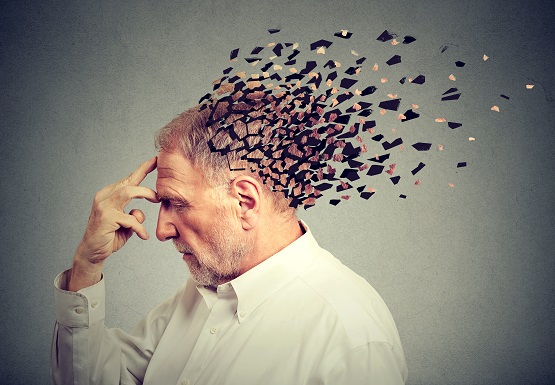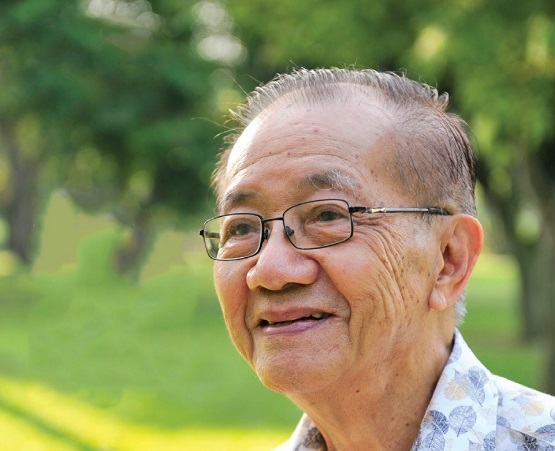Dementia vs Alzheimer’s Disease

Dr Charles Siow, Neurologist, Siow Neurology, Headache & Pain Centre, explains the differences when it comes to the two common age-related conditions of dementia and Alzheimer’s disease.
THE SPECIFICS
“Dementia is a non-specific diagnosis where a patient is presented with many difficulties,” explained Dr Siow. “Alzheimer’s disease is a specific diagnosis which occurs in two-thirds of dementia patients.”
Common early signs of dementia include memory difficulties, personality changes, getting lost and misplacing daily objects.
A diagnosis of Alzheimer’s disease is arrived at after other forms of dementia have been excluded. It is a clinical diagnosis that requires scans and laboratory tests.
Both dementia and Alzheimer’s are progressive diseases and the rate of progress differs significantly among patients with the same diagnosis. Hence, it is often a case of ‘wait and see’.
RISKS AND CAUSES
There are several known genetic conditions and environmental risk factors that predispose a person to developing dementia and/or Alzheimer’s disease. In rare cases, there are certain infections, strokes and metabolic abnormalities that are suspected causal factors.
“In general, Alzheimer’s disease is less likely in patients who keep mentally active and are engaged in socially stimulating activities,” shared Dr Siow.
GLOBAL AND LOCAL NUMBERS
It has been estimated that there are around 48 million people worldwide who suffer from dementia, with an approximately 82,000 Singaporeans among them. By the age of 85, around half the population may show symptoms of dementia to varying degrees.
While the numbers are alarming, Dr Siow stressed that dementia is not a normal part of ageing.
When asked to share some advice on prevention, Dr Siow advised, “Keep active both physically and mentally, and control known risk factors like diabetes, hypertension and hyperlipidaemia.”
TREATMENT AND MANAGEMENT
Both dementia and Alzheimer’s disease are treated with oral medications. However, Dr Siow shared that there are some promising new options that may slow, arrest or even reverse the disease progression.
“LMTM is a medication that is now available for compassionate use in Alzheimer’s disease patients to slow or reverse progression of this disease,” shared Dr Siow. It targets tau, a type of protein in the brain, that is believed to be linked to Alzheimer’s disease.
Remember – dementia is not part and parcel of ageing. Keeping mentally, physically and socially active can have a positive impact on a person with the disease.
Here are 10 warning signs of dementia to look out for:
Tau Tangles and Alzheimer’s Disease
Tau is a protein contained within the axons of the nerve cells, which helps form microtubules – essential structures that transport nutrients within nerve cells.
In a healthy brain, the tau protein helps these microtubules remain straight and strong. But in the brains of patients with Alzheimer’s disease, tau collapses into aggregates called tangles. When this happens, the microtubules can no longer sustain the transport of nutrients and other essential substances in the nerve cells, which eventually leads to cell death.
SOURCE
https://www.medicalnewstoday.com/
Article contributed by Dr Chan King Ming, accredited doctor at Mount Alvernia Hospital.
This article is taken from our MyAlvernia Magazine Issue #39. Click here to read the issue on our website or on Magzter.



